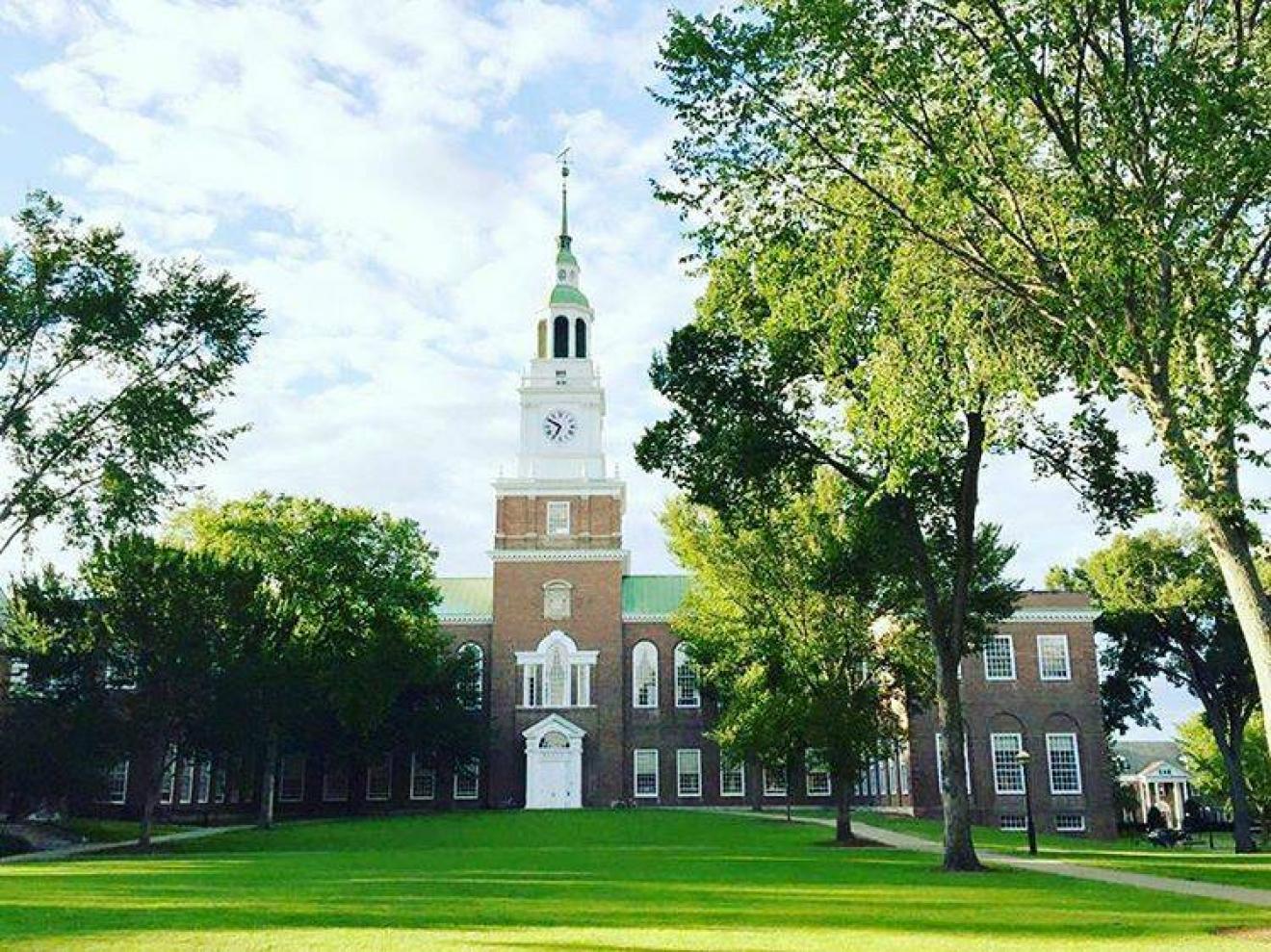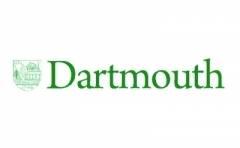
Read more about our ranking methodology.
Hanover, NH 03755-3529
* These statistics utilize the most recently released data from IPEDS (Integrated Postsecondary Education Data System)
Sources for school statistics and data include U.S. Department of Education's National Center for Education Statistics and the Integrated Postsecondary Education Data System. Data may vary depending on school and academic year.


- Medicine (MED) - Programs leading to the M.D. degree
- Professional Psychology (IPSY) - Predoctoral internship programs (Dartmouth-Hitchcock Medical Center)
- Public Health Programs (PHPG) - Graduate level program offered outside a school of public health (Geisel School of Medicine)
Source data obtained from U.S. Department of Education's Office of Post-secondary Education (OPE)

What letter grade would you give your school on how well it prepares students for a career in the real world?
Based on 3 ReviewsWhat letter grade would you give the students/culture at your school?
Based on 2 ReviewsWhat letter grade would you give the facilities at your school.
Based on 1 ReviewsWhat overall letter grade would you give the activities/groups at your school?
Based on 1 ReviewsThere are no questions and answers about Dartmouth College
